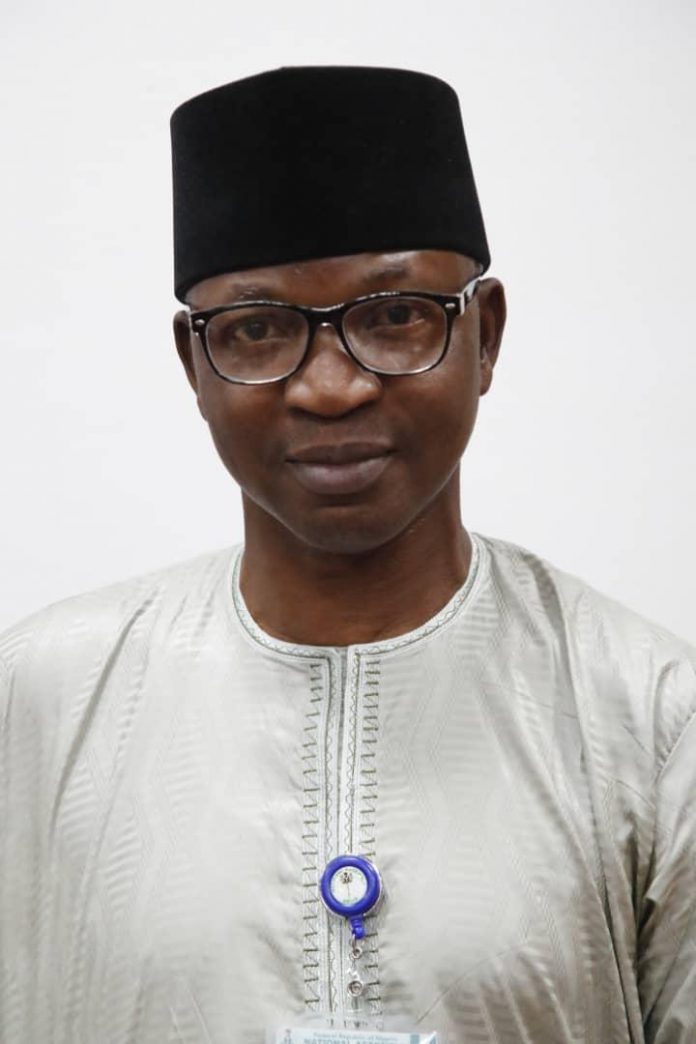The Ninth National Assembly can be proud that it has made its mark. It is just three years since its inauguration on 11th June 2019, so it has one more year to go. But its achievements thus far have been outstanding.
As soon as the Assembly was inaugurated, it hit the ground running. Its areas of intervention were well thought out and carefully selected, as encapsulated in the Assembly’s Legislative Agenda outlined by each of the two Chambers. Most of them are critical areas in which the interventions of previous Assemblies had not produced the desired results. These areas are critical because they touch the lives of ordinary Nigerians.
Let’s take the issue of the budget cycle. We all know its importance in the government’s role in the economy. The previous Assemblies had also appreciated the need to make the Nigerian financial year stable and predictable for ease of economic planning. The cycle had not been stable for many years, with its attendant effects on-budget implementation. They tried hard to reset it but they didn’t succeed because bad habits die hard, especially in government. But when the Ninth Assembly was inaugurated, Ahmad Ibrahim Lawan, the 14th Senate President and Chairman of the ninth Assembly, vowed that the new session would tame the monster that had made it difficult to entrench a predictable financial year.
With the support of his distinguished colleagues in the Senate and the House of Representatives, and with the cooperation of the Executive arm of government, the budget cycle has been successfully reset and stabilised to January-December. With this great feat, the Federal Government has been recording 100 percent or almost perfect budget implementation.
Then the Deep Offshore and Inland Basin Production Sharing Contract Act 2004. The legal environment had made Nigeria being shortchanged for many years. The previous Assemblies were not unaware of the situation and indeed tried to ameliorate it. They tried their best as far as the amendment of the law was concerned. But their best was not good enough for Nigeria because they did not succeed in changing the status quo.
When the Ninth Assembly came on board, Senators and Members of the House of Representatives rolled up their sleeves to do the needful. After the bill was successfully amended, they didn’t underrate the influence and tenacity of those profiting from the status quo. They rushed the paper to President Muhammadu Buhari who was in London on medicals for his signature. And the deed was done.
While signing the amended law in November 2019, a relieved President Buhari excitedly declared: “Nigeria will now receive its fair, rightful and equitable share of income from our own natural resources for the first time since 2003…All this time Nigeria has failed to secure its equitable share of the proceeds of oil production, for all attempts to amend the law on the distribution of income have failed. That is, until today.”
What about the “notorious” Petroleum Industry Bill? The bill gathered dust in the pending tray of the National Assembly and transformed itself severally for almost two decades, before the inception of the Ahmad Lawan-led National Assembly. At one point, the bill was even labelled as demon-infested for refusing passage despite all attempts. But that is now history. Nigeria now has a comprehensive law to regulate operations in the oil and gas industry.
Another legislation that became an issue for the immediate past Assembly was the Electoral Act 2010 (amendment) Bill. The plan was to get it passed and signed into law ahead of the 2015 polls. But that was not to be for obvious reasons. But the Ninth Assembly took the bull by the horns and successfully passed the amendment Bill. The Electoral Act 2022, as it is now called, turned out to be one piece of legislation that has attracted commendations for the current Assembly.
There are many other landmark bills the passage of which made the current Assembly to stand out. The passage of the Companies and Allied Matters Act( CAMA) 2020, Nigeria Police Act 2020 and Nigerian Correctional Services Act 2019 brought credit to the Ninth Assembly. For instance, Nigeria was operating the Police Act of 1943 until the enactment of the Nigeria Police reform Act of 2020.
One other attribute that makes the Ninth Assembly stand out is the pursuit of stability in governance and the polity for effective service delivery to the Nigerian people. This it tried to achieve through cooperation and collaboration with other arms of government. And this has, no doubt, become the trademark of the current dispensation of Nigeria’s national parliament.
There is so much to celebrate in three years but there is yet one more year to go. The determination of the Distinguished Senators and their presiding officer, Ahmad Lawan, is to load this final year with many more remarkable achievements in legislative interventions.
Awoniyi is Special Adviser (Media) to Senate President
By Ola Awoniyi












